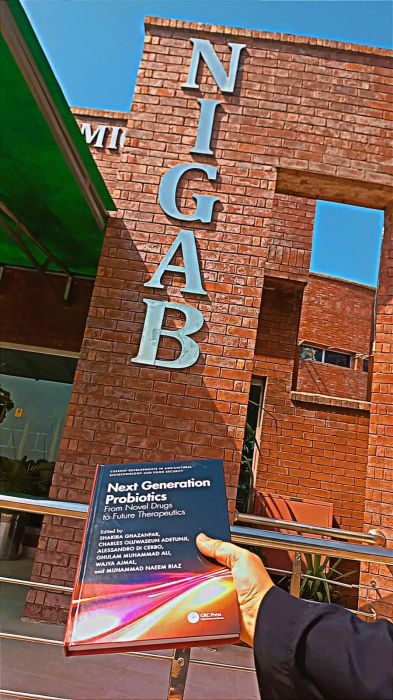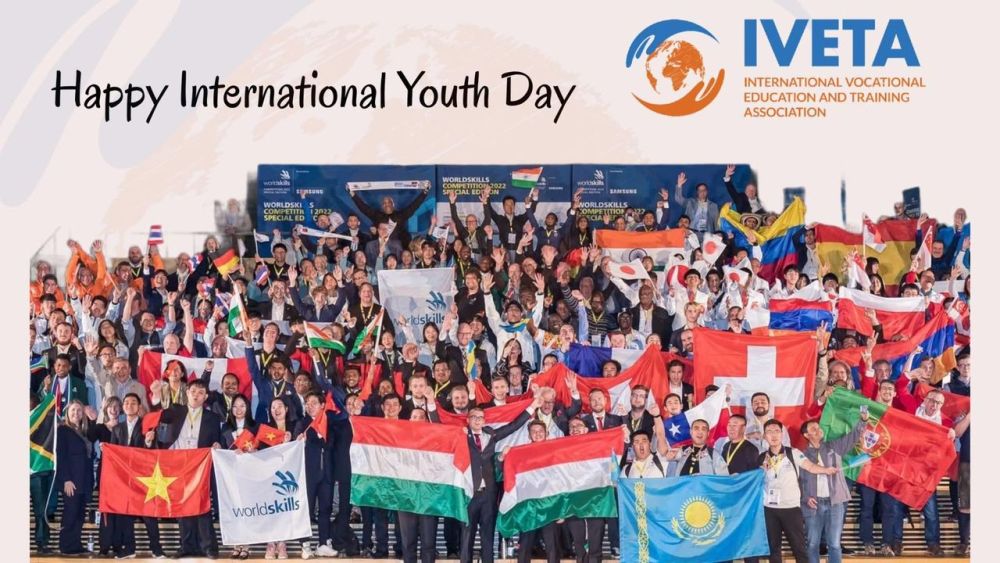HunarNama Celebrating the 2024 Nobel Laureates in Physics - Intelligent Machines with Cognitive Competence
Posted 1 year ago
This year's Nobel Prize in Physics 2024, a prestigious award that recognizes significant contributions to the field of science, has been bestowed upon two scientists whose groundbreaking machine-learning work has shaped the fabric of today's artificial intelligence revolution. Prof. John Hopfield of Princeton University, New Jersey, USA, and Prof. Geoffrey Hinton of the University of Toronto, Canada, have forever changed how machines think, learn, and evolve, creating technologies that affect everything from medicine to astrophysics. They both will share the prize money amounting to 11 million Swedish kroner (US$1 million).
Decades ago, their work began, using knowledge of physics to build the foundation of artificial neural networks. These networks mimic how the brain processes information and have become the driving force behind the AI systems we use daily. Whether using a search engine, analyzing data, or even conversing with a virtual assistant, you're interacting with the outcomes of their discoveries, making their work a part of your everyday life. Their work has made these tasks more efficient and accurate, enhancing our daily experiences.
In 1982, John Hopfield, with his physics and theoretical biology background, designed a "Hopfield Network" network that could remember patterns. Think of it like your brain trying to recall a forgotten word. This is called "associative memory," which allows machines to store images or data patterns and retrieve them when they encounter similar information. His method was groundbreaking because it mimicked a natural process, bringing us one step closer to machines that learn as humans do, a fascinating and intriguing concept. The term artificial neural networks is a brain-inspired thought process.
Years later, Geoffrey Hinton took Hopfield's ideas and, using the principles of statistical physics, developed a machine learning tool that could teach itself. His Boltzmann machine could identify patterns within large datasets, from recognizing faces in pictures to generating new images. This technology was a significant leap from the rule-based computing of the past, where machines only did what they were explicitly told. Now, they can learn from examples and adapt.
It's easy to take for granted the sophisticated AI systems that surround us today, but the laureates' innovations laid the groundwork for these advances. The same neural networks they helped pioneer are used across countless fields of science. From predicting the behavior of particles in physics to helping design new materials, artificial intelligence has become a vital tool for researchers.
On receiving the Nobel Prize, Hinton expressed his disbelief: "It's a bolt from the blue," he said. But in reality, the waves of their work have been reshaping technology for decades, and their influence is only beginning. As Hinton predicted, machine learning is the intellectual revolution of our time, surpassing even the industrial revolution in its ability to transform society. But instead of enhancing human strength, it enhances human intelligence, inspiring us with the potential of AI. Their work has opened the door to a future where AI can solve complex problems and improve our lives in ways we can't even imagine.
Hopfield and Hinton's work has propelled machine learning and bridged the gap between the complex laws of physics and the abstract concept of intelligence. Drawing from the natural world, they have created machines that think a little more like us, opening up endless possibilities.
Prof. Dr. Muhammad Mukhtar, Vice Chancellor of the National Skills University Islamabad and editor-in-chief of HunarNama, congratulated both laureates. According to him, humans across the globe must be thankful to both these scientists who made our lives easier and more comfortable.
Additional Information
1. The Nobel Prize in Physics 2024 - Popular Information
2. The Nobel Prize in Physics 2024 - Scientific background
3. Do you have questions about the Nobel Prize and the Nobel Prize laureates?





